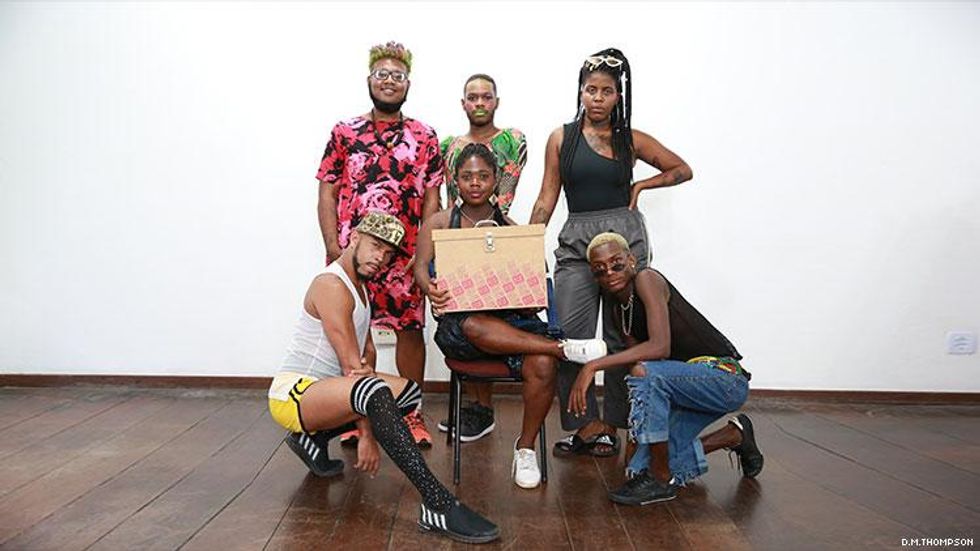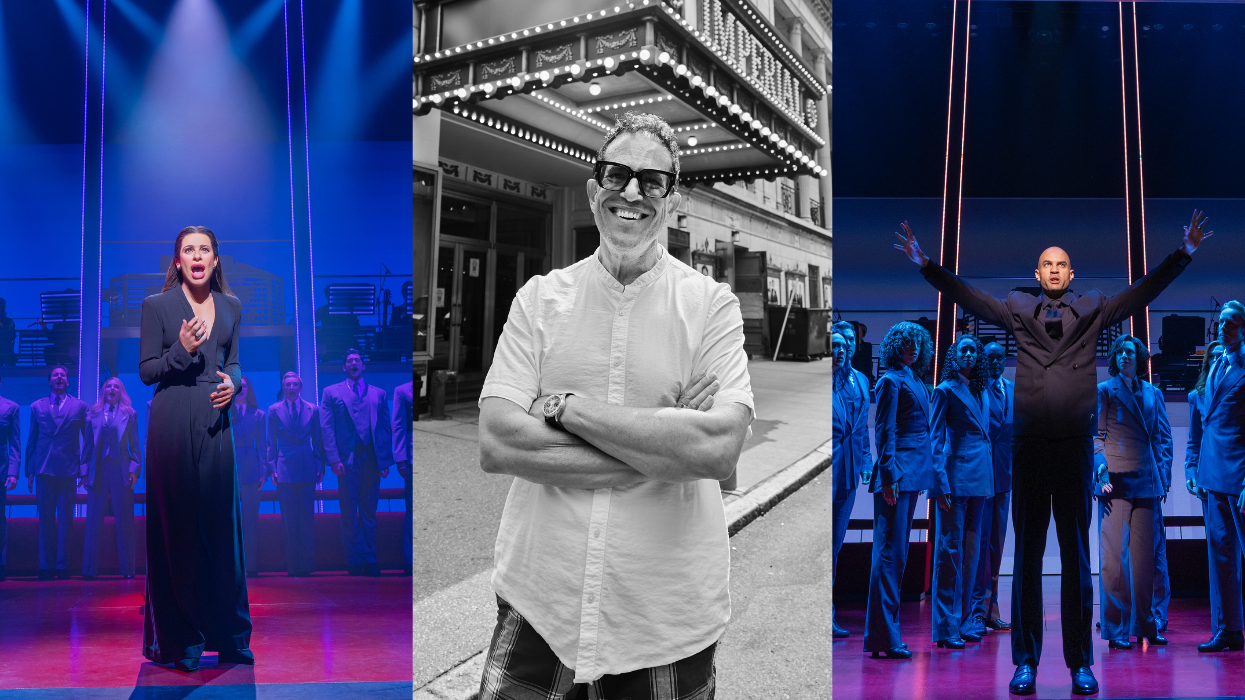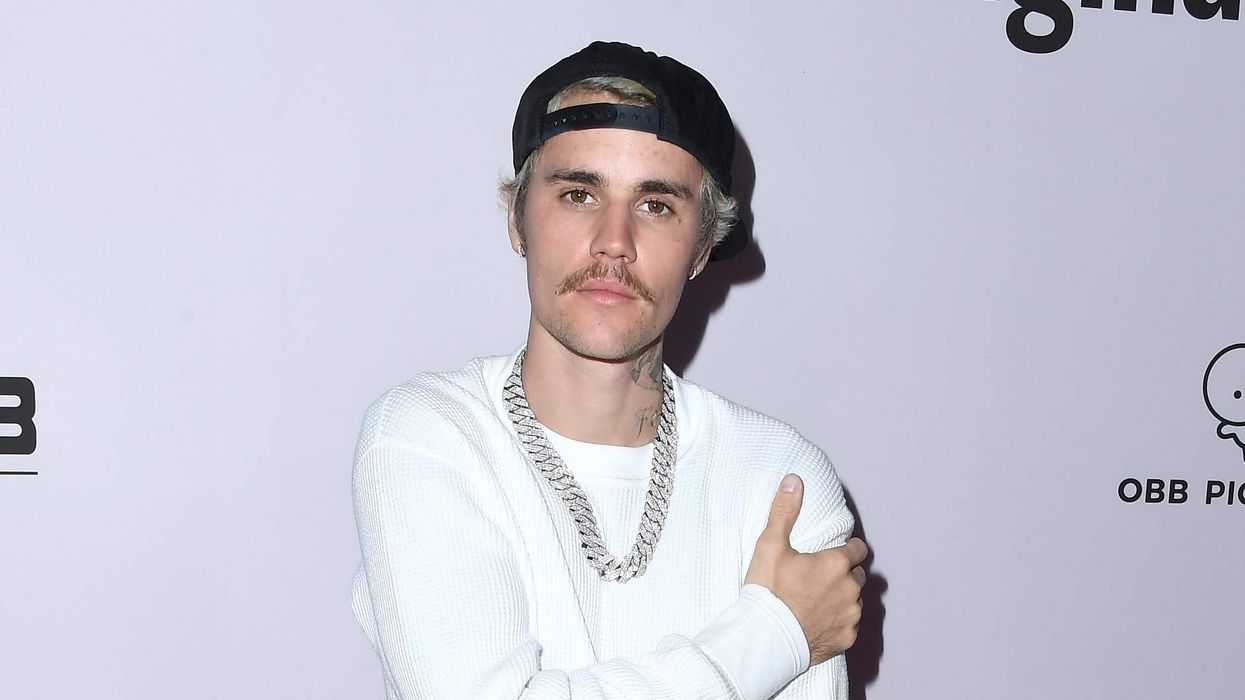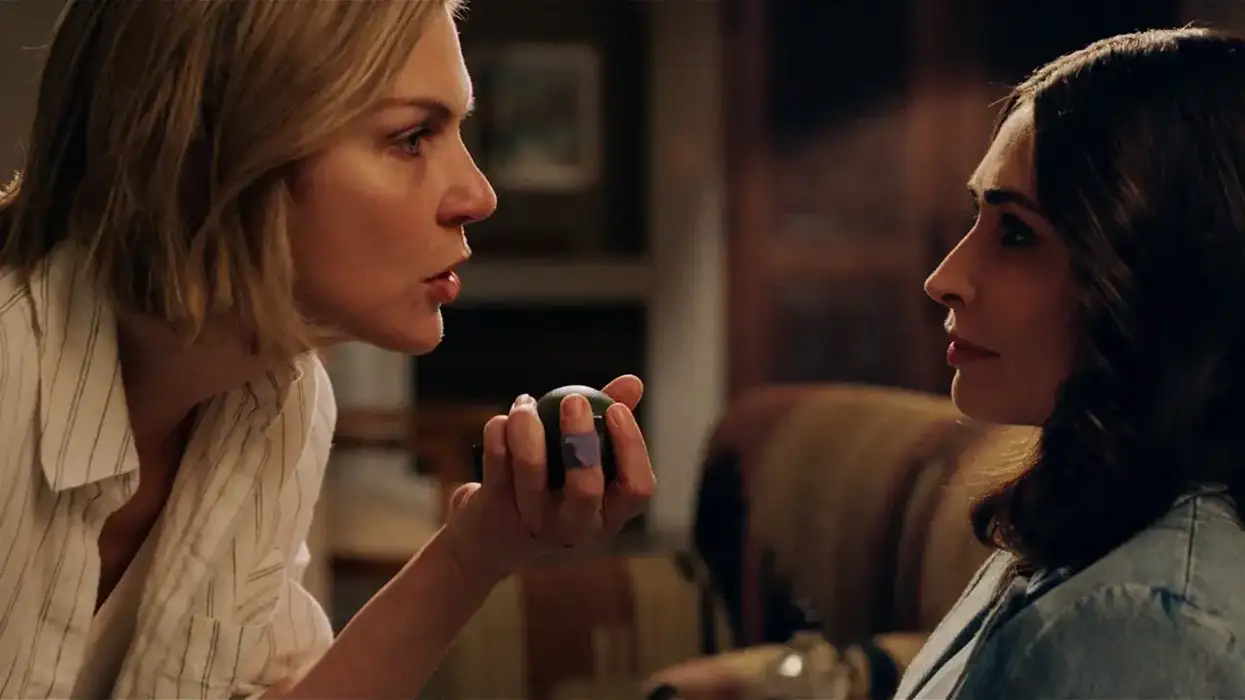The views represented in this op-ed are the author's own.
I've never been in love. I've never received love. In fact, I've never experienced a non-abusive relationship.
I used to believe in romantic relationships, but it just hasn't happened for me. As a black, queer man, my body is seen as some kind of masculine ideal, yet there's a distance around the way people think I can receive love and affection.
When I assumed my identity as black, queer, and effeminate, I suddenly became a fetish. When I walked down the street, people wouldn't talk to me, but in private, the same people who ignored me wanted a relationship where they could indulge a fetish. I became an object for other people's desires.
I went into these relationships looking for love and affection. Instead, these relationships led to loneliness and isolation.
But the film Paris is Burning -- where people created spaces to exchange love and affection -- inspired me. Eventually that inspiration, in part, led me to create Afrobapho, a collective to discuss readings, books, and articles exploring the intersection of race and gender.
It's become my family and it gives me the affection I need. I am breaking through the barriers of society. I don't need Prince Charming to find love. I've deconstructed this notion and I've found love in other ways.
Finding love outside of romantic partners has become crucial for my well-being. Being a black gay man has defined my life. Brazil is a country rife with racism. It's also home to a disproportionately high rate of LGBTQ+ homicide in the world. Given that black bodies experience the most violence, it's impossible not to talk about intersectionality. Yet, in the LGBTQ+ movement, there's a reluctance to discuss how black bodies are hypersexualised and seen as objects.
Afrobapho wants to challenge these perceptions. We want to make our presence seen and heard in a society we want to be part of. Salvador is a very heteronormative society, so wherever we are, we make people feel uncomfortable. People want us to stay in our ghettos, but we want them to discuss what this city is -- a predominately black city, whose residents hurt and reject us.

Older generations that focus on advocacy say talking about aesthetics is not enough -- black people are dying in the streets. But I think our movements complement each other.
Afrobapho is making waves across Brazil. To date, our most successful campaign has been raising awareness about the killings of young black people in Brazil. We went to the military police headquarters, dressed in black and held up the names of the young people who had been murdered. We documented our work across social media... it was a way of using a new form to talk about an old issue. The campaign went viral and that's how we started working with Amnesty International Brazil.
We teamed up with Amnesty International Brazil to develop the Quilombox -- a box of educational materials that transforms into a projector -- so we can educate people wherever we are. It provides an opportunity to discuss human rights through art, spoken word, dance and hip hop. It's a really important tool for us and it's helping us reach new people.
Alongside Afrobapho, I also work in a school, where I use the Quilombox to discuss human rights issues using hip-hop. The kids love it. With the Rap Lab, they can put vocabulary to a beat, while talking about racism.
Our work is truly challenging perceptions. Yes, people can find our interventions abrasive, especially when we put on our leotards, makeup, and hair and do the whole aesthetic performance, but we are just asking them to look at us for who we are. We don't want to hide from anyone. We're human and our bodies are real. We're part of a longer history. We're not just doing this for ourselves, we're doing it for future generations.
ALAN COSTA is a performance artist, teacher, and model blazing a unique trail across Salvador, Brazil. Through his collective Afrobapho, the 28-year-old human rights activist is using fashion, photography, and art to spark conversations about what it means to be LGBTI and black in Brazil.






























